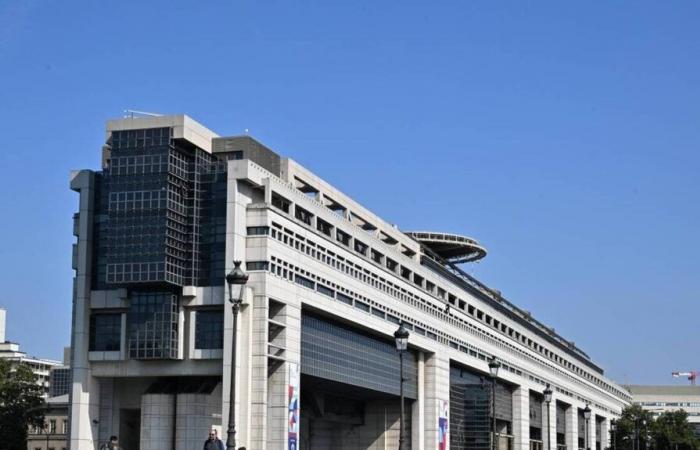This is one of the consequences of the censorship of the Barnier government which is causing embarrassment in the ranks of the National Assembly. The finance law for 2025 was to index the income tax (IR) scale to inflation, up to 2%. The challenge is to prevent all those who have benefited from small increases in income in the face of rising prices from seeing their taxes increase. And even, for some, to become taxable even though they were not affected until now. According to calculations by the French Observatory of Economic Conditions (OFCE), this would be the case for 380,000 households. And the vast majority of the eighteen million households subject to IR would experience an increase. Enough to embarrass those who voted for the motion of censure.
Also read: Special law: why the opinion of the Council of State undermines LFI’s strategy
To compensate for the absence of a finance law and a Social Security financing law before December 31, the government presented this Wednesday, December 11, to the Council of Ministers, a Special Bill. It aims to make the “joining” while awaiting the adoption of a Budget. This law, of an “emergency” nature, is intended to be only “temporary”, in the words of the office of the Ministry of Public Accounts.
It must ensure “the continuity of national life” and contains only three succinct articles. One authorizes the France Trésor agency to issue debt to finance public services. Another allows four social security organizations, including Acoss, to also borrow. But it is his first article which is particularly scrutinized. Because it is the one which authorizes the collection of existing taxes (and implicitly the levies on revenues for local authorities and the European Union, also reminds the minister's office).
No new tax measures
In its opinion made public on December 10, the Council of State indicates that “the new tax measures do not come under the special law”. It is therefore the framework in force for 2024 that must apply. In this context, how can we imagine indexing the income tax scale to inflation?
For the Council of State, it is clear that this would not be consistent with the spirit of the Constitution. But insoumise France does not share this reading. “There is a subject of interpretationunderlined Manuel Bompard on the set of France info, Wednesday December 11. When the Council of State says that this should make it possible to lift existing taxes, we can legitimately consider that reindexing the income tax scale means guaranteeing the same scope. […] Furthermore, the Council of State gives an opinion which is not binding. There have already been governments on several occasions that have not followed [son] notice. And there, clearly, there is unanimity among all the political groups and all the deputies in the National Assembly.”
Thus, through an amendment which would be tabled through Eric Cocquerel, LFI deputy and president of the Finance Commission, France Insoumise intends to reintroduce the indexation of the scale in the special law. If the President of the National Assembly, Yaël Braun-Pivet, judges the amendment admissible – it is customary for the presidency to follow the position of the Finance Committee -, it would have a good chance of being adopted. Because there is consensus on its objective, even if some are opposed to the method used. For the future, LFI is betting that no party will take the risk of appealing to the Constitutional Council to bring down such a consensual measure expected of the French.
Come back with a real Budget before September
But in any case, even if indexing did not go through this window, it could always return to the main door. That is to say, come back through a proper Finance Law. Provided that a text is adopted in due time in 2025, but it is difficult to imagine how it could be otherwise. As a reminder, it is only in May that the French will file their income tax returns. And only in September will the withholding tax rate be updated. That leaves a little time.






